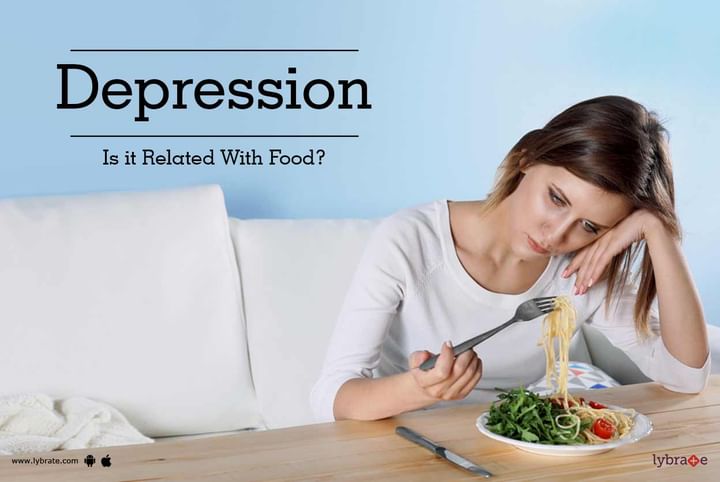Depression: Is it Related With Food?
Depression is a clinical, mental, and emotional condition that may give rise to feelings of hopelessness and chronic sadness. It slows down the way people process everyday activities and leads the patient to a sense of constant gloom and doom. It is a disabling mental condition as per WHO, and may be caused due to reasons like genetics, changes in the balance of hormones, stress, grief, trauma and prolonged, chronic physical ailments. Depression is also connected with food and nutrition. Do you want to know how?
Read on to see the three ways in which food and depression are connected.
- Severity and Duration: Depression is a mental illness that signifies an imbalance in the hormones and the emotional faculties in the brain. Nutrition is the fuel that keeps the brain and body in prime working condition. When a depressive state sets in or becomes emotionally rooted, then nutritious eating and a proper diet take a back seat as the patient succumbs to a state where he or she is not concerned about the food intake. As a result, the brain and hormonal balance get further affected. This can have an adverse effect on the severity and the duration of the depressive mode, which makes it all a vicious cycle of sorts. Poor appetite, not having proper meals, skipping meals, eating junk, avoiding social settings where food will be served, and even emotional eating are all outcomes of depression too.
- Eating Disorders: Many patients who have eating disorders often experience deep rooted and chronic depression. Since despondency and hopelessness are the main characteristics of depressive behaviour, the outcome is that the patient tries to behave in a way that seeks approval. And in all this, the patient usually thinks that he or she is not 'good enough'. In such a scenario, the patient may start trying out fad diets and eventually fall prey to eating disorders like Bulimia that make the patient overeat and then vomit. These eating disorders usually come with phases of binge eating, throwing up, starving and then repeating the cycle again. Eating in secrecy is also a symptom of this condition.
- Nutrition to Fight Depression: Nutrition and proper food intake can build a sense of resilience by first of all improving the overall physical condition of the patient. This can take care of a lot of angst even as the minerals and vitamins travel to the brain for better functioning in the long run.
Ensure that you eat right as a part of your therapy for depression. This is as good as taking your medication on time. If you wish to discuss about any specific problem, you can consult a psychologist.



+1.svg)
